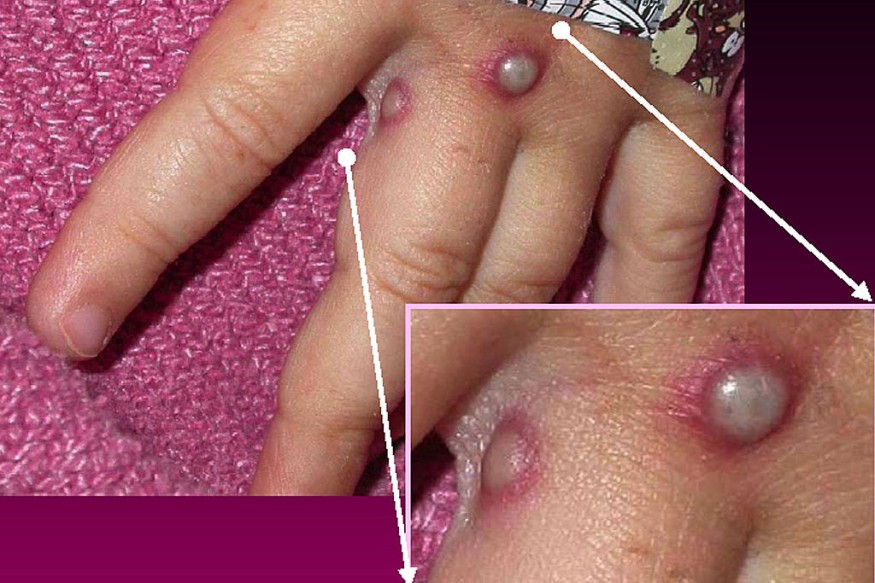The World Health Organization (WHO) expects to see more cases of monkeypox as it expands its surveillance in countries where it is not typically found. An unprecedented monkeypox outbreak outside Africa was recorded within just a few weeks.
The United Nations (UN) said that about 92 new cases have been reported across 12 countries in Europe and a handful in the US, Canada, and Australia. They added that they would provide further guidance and recommendations on mitigating the spread of monkeypox in the coming days.

Monkeypox Believed to Be Sexually Transmitted
The growing cases of monkeypox have raised questions among disease experts on how monkeypox is being transmitted since many patients have no travel record to Africa or known exposure to an infected individual. The UN says that available data suggests human-to-human transmission occurs among people with close contact with symptomatic cases.
Monkeypox does not quickly jump from one person to another unless there is exposure to animals through bites, scratches, and preparations of meat from wild game, NBC News reported. The most notable monkeypox infection in the US was when prairie dogs infected 47 people in 2003.
Scientists noted that the virus spreads through an exchange of large respiratory droplets or direct contact with bodily fluids, lesions, and contaminated items. It was not previously considered a sexually transmitted infection, but sexual transmission is still possible.
Recent cases of monkeypox in Europe are among men who have sex with men. The Centers for Disease Control and Prevention (CDC) were alerted on Friday that some cases start with lesions in the anus and the genitals, which suggests sexual transmission is high on the list of potential culprits.
"What seems to be happening now is that it has got into the population as a sexual form, as a genital form, and is being spread as are sexually transmitted infections, which has amplified its transmission around the world," infectious disease expert and WHO official David Heymann told Reuters.
UNAIDS Concerned LGBTI People Can Be Stigmatized and Blamed for the Outbreak
Some of the monkeypox cases have been identified through sexual health clinics and as of now, investigations are still ongoing. Due to that, UNAIDS urges media, governments, and communities to respond to the outbreak with a rights-based and evidence-based approach to avoid stigma and blame for LGBTI people.
UNAIDS Deputy Executive Director Matthew Kavanagh pointed out that sigma could undermine trust and capacity to respond effectively in outbreaks. It could disable evidence-based response by stoking cycles of fear and driving people away from health services that impede identifying cases and encourage ineffective and punitive measures.
He highlighted the role of the LGBTI community in raising awareness of monkeypox and reiterated that the virus could infect anyone. It emphasized the urgent need for leaders to strengthen pandemic prevention by building stronger community-led capacity and human rights infrastructure that support effective and non-stigmatizing responses in such outbreaks.
RELATED ARTICLE: Monkeypox Outbreak in UK: How Does the Disease Spread? 5 Steps to Take to Prevent Transmission of the Virus
Check out more news and information on Monkeypox in Science Times.
© 2025 ScienceTimes.com All rights reserved. Do not reproduce without permission. The window to the world of Science Times.











